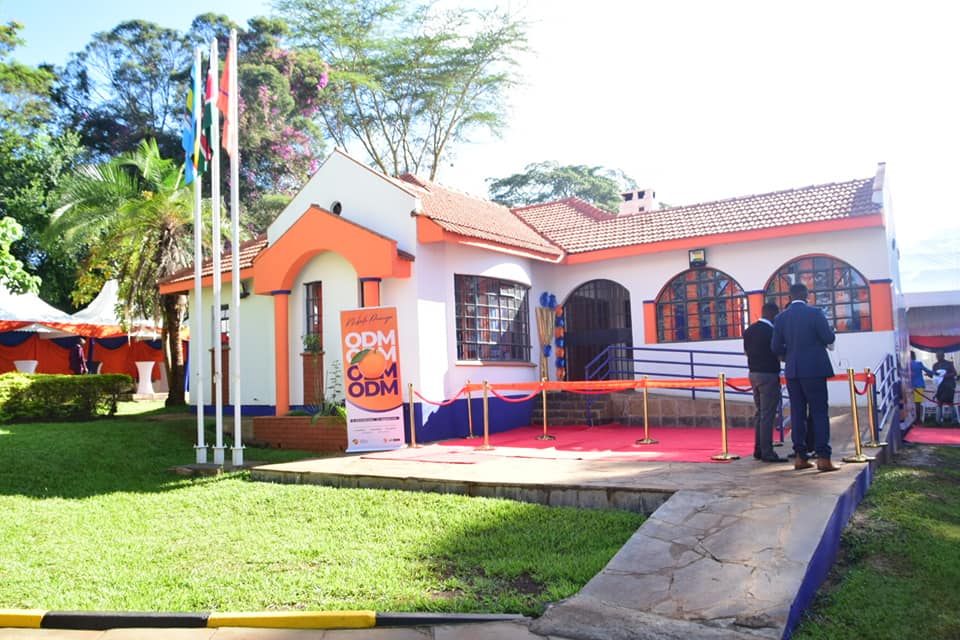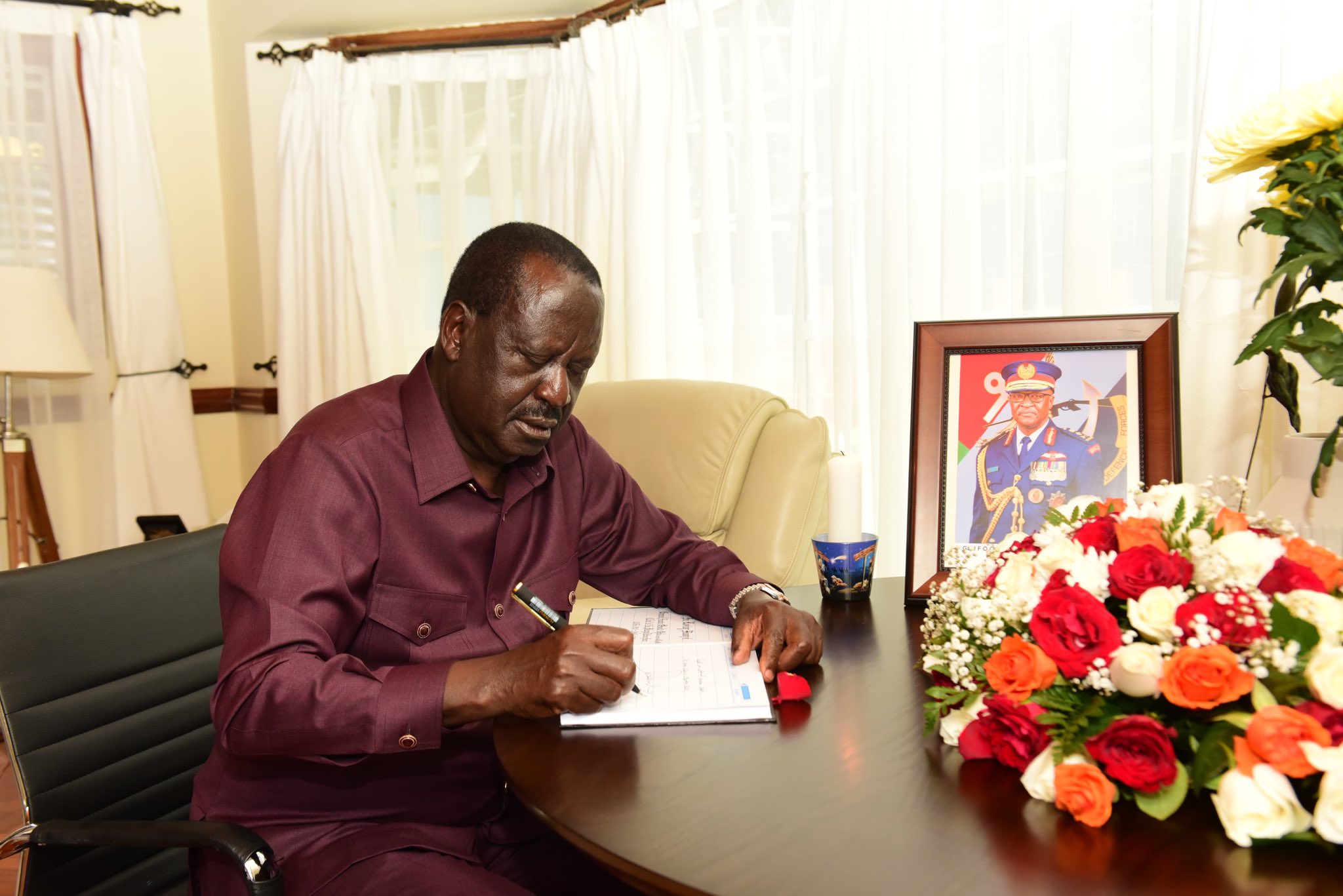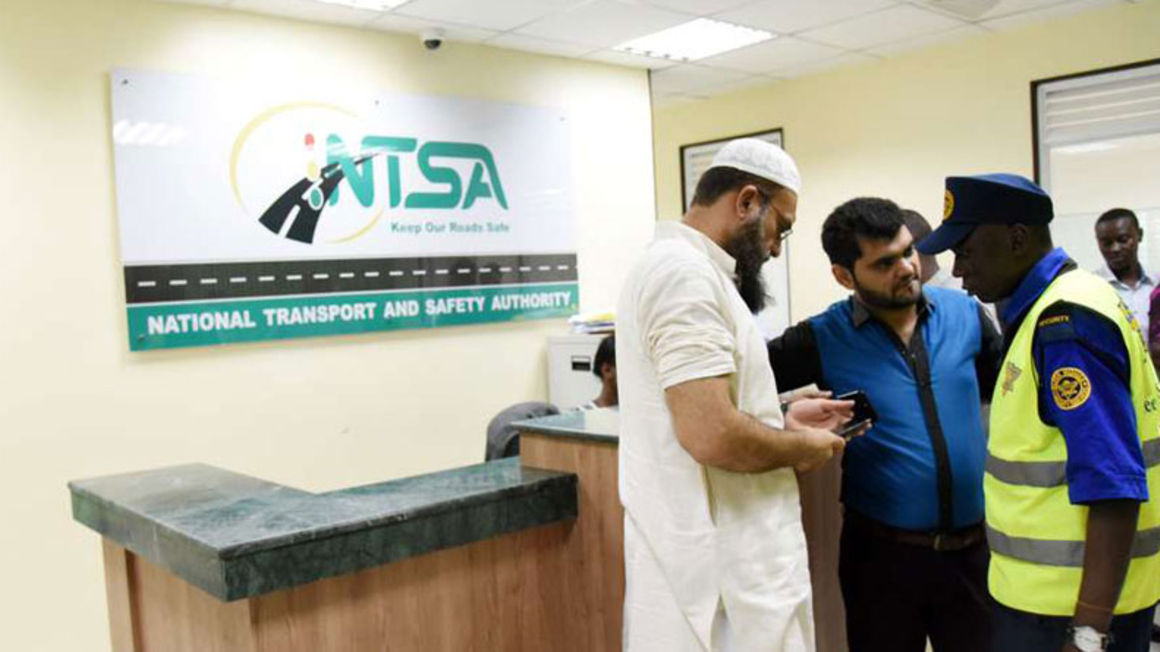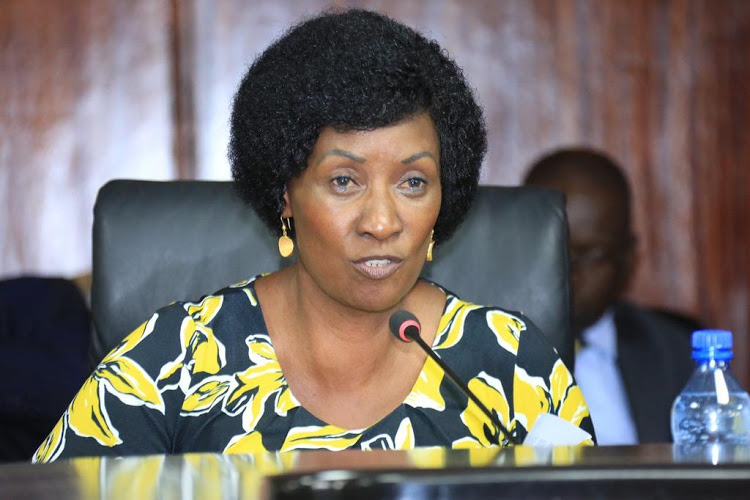The government of Kenya could spend at least Ksh75 Billion of taxpayers money to purchase lush homes for its envoys abroad if a proposal by the Ministry of Foreign Affairs is effected.
The ministry says it has developed an elaborate plan which will facilitate the purchase of at least three properties annually, in an approximated Ksh5 Billion annual expenditure over a period of 15 years.
Foreign Affairs Principal Secretary Macharia Kamau in a report to parliament said the acquisition is intended to cut down the government's rental costs that currently stands at Ksh3 Billion.
According to the ministry, most government-owned properties in missions abroad are old having been acquired in the early years of Kenya’s independence.
Read More
An inspection by the National Assembly’s Defence and Foreign Relations Committee found at least 10 Kenyan embassies in a deplorable state, demanding answers from the docket.
The Kenyan embassy in New York, Canada, Washington, Russia, Australia, Geneva, Japan, China, South Korea and Los Angeles were all condemned in the committee's findings.
PS Macharia Kamau in a detailed response to parliament indicated that the ministry was not considering building the consulates from scratch citing delays of up to 5 years on a single project.
“Austerity measures normally make the ministry’s plan for ...ongoing construction projects and maintenance plans hard. For instance, in Pretoria and Mogadishu, the construction has taken about five years instead of the 18 months original contract period,” PS Macharia Kamau observed in his report to Parliament.
The has been concern over the state of Kenyan missions abroad for years. Last year, it emerged that the government has no documents proving ownership of at least 13 of its properties.
Those with titles were either registered in third parties's names or in foreign languages.

-1713536678.jpg)
-1710390248.jpg)



